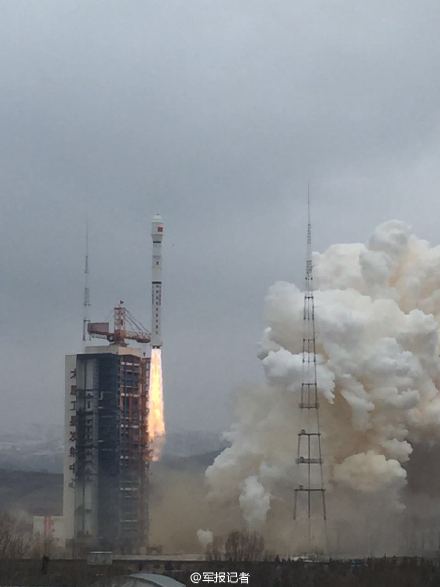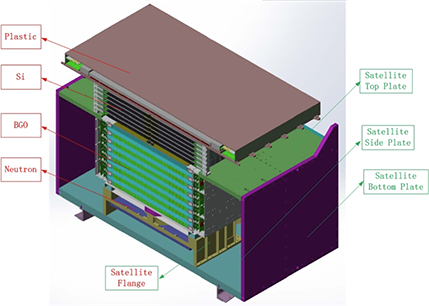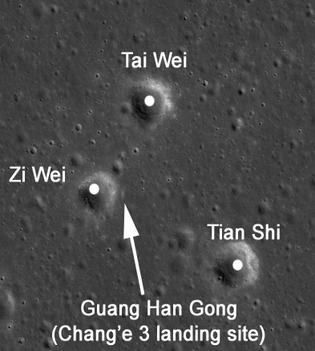JSCh
ELITE MEMBER

- Joined
- Jun 9, 2011
- Messages
- 13,233
- Reaction score
- 2
- Country
- Location
我国成功发射遥感二十八号卫星
2015年11月08日 15:56:17 来源: 新华网
新华网太原11月8日电(记者李清华、郭昱)8日15时06分,我国在太原卫星发射中心用长征四号乙运载火箭成功将遥感二十八号卫星发射升空。
这次发射的遥感卫星由中国空间技术研究院研制,主要用于科学试验、国土资源普查、农作物估产及防灾减灾等领域。
长征四号乙运载火箭由中国航天科技集团公司所属上海航天技术研究院研制,这是长征系列运载火箭的第217次飞行。
Translate:
China successfully launch Yaogan-28 satellite
November 8, 2015 15:56:17 Source: Xinhua
Taiyuan, November 8 (Reporter Li Qinghua, Guo Yu): At 15:06 on the 8th, our country in the Taiyuan Satellite Launch Center Long March 4B used successfully to launch Yaogan-28 remote sensing satellite.
The launch of remote sensing satellite developed by China Academy of Space Technology, is mainly used for scientific experiment, land resources survey, crop yield estimate and disaster prevention and reduction plus other fields.
Long March 4B developed by the China Aerospace Science and Technology Corporation Shanghai Academy of Spaceflight Technology, this is the 217th flight of the Long March series of carrier rockets.


2015年11月08日 15:56:17 来源: 新华网
新华网太原11月8日电(记者李清华、郭昱)8日15时06分,我国在太原卫星发射中心用长征四号乙运载火箭成功将遥感二十八号卫星发射升空。
这次发射的遥感卫星由中国空间技术研究院研制,主要用于科学试验、国土资源普查、农作物估产及防灾减灾等领域。
长征四号乙运载火箭由中国航天科技集团公司所属上海航天技术研究院研制,这是长征系列运载火箭的第217次飞行。
Translate:
China successfully launch Yaogan-28 satellite
November 8, 2015 15:56:17 Source: Xinhua
Taiyuan, November 8 (Reporter Li Qinghua, Guo Yu): At 15:06 on the 8th, our country in the Taiyuan Satellite Launch Center Long March 4B used successfully to launch Yaogan-28 remote sensing satellite.
The launch of remote sensing satellite developed by China Academy of Space Technology, is mainly used for scientific experiment, land resources survey, crop yield estimate and disaster prevention and reduction plus other fields.
Long March 4B developed by the China Aerospace Science and Technology Corporation Shanghai Academy of Spaceflight Technology, this is the 217th flight of the Long March series of carrier rockets.


Last edited:





























